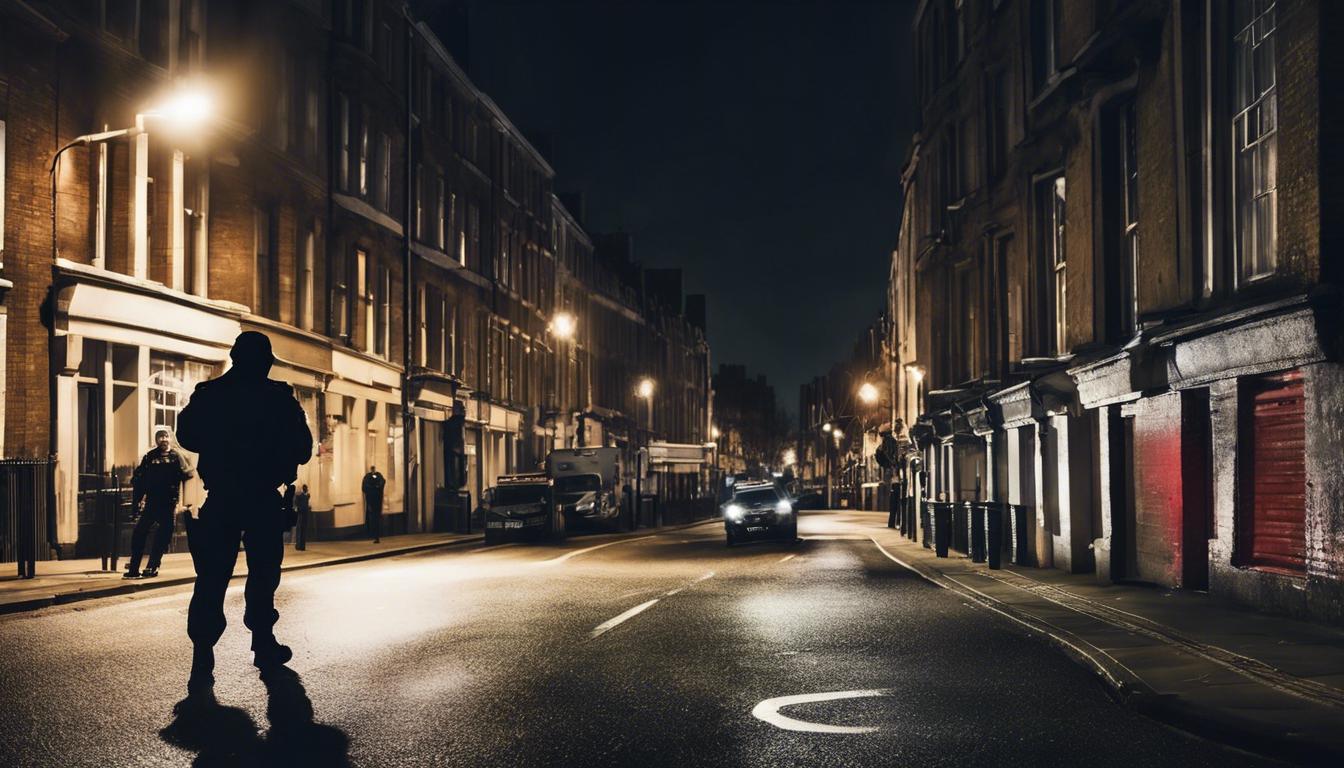The UK has seen a troubling rise in knife-related offences and shoplifting at a level not observed in two decades, causing concerns among officials and triggering political responses.
In 2023, the UK experienced a significant increase in knife-related crimes, with official statistics reporting a 7% rise in offences involving knives or sharp instruments to a total of 49,489 incidents. This trend was marked by a notable 20% rise in knife-related robberies. The West Midlands had the highest rate of such crimes at 180 offences per 100,000 people, followed closely by London’s Metropolitan Police area at 165 offences per 100,000. In contrast, Dyfed-Powys in Wales saw the fewest knife-related offences, recording only 32 per 100,000 people.
In addition to the rise in knife crime, there was a 37% surge in shoplifting offences across England and Wales, reaching 430,104 incidents, the highest in 20 years. This spike in retail theft was also coupled with significant increases in personal theft and robberies, specifically a 13% rise in reported robberies totaling 81,094 cases.
The increase in violent and property crimes has prompted responses from various political figures and officials. Yvette Cooper, the Labour Party’s shadow home secretary, criticized the government’s handling of crime rates. London Mayor Sadiq Khan, addressing the specific rise in knife and gun crimes in the capital, emphasized the social issues underpinning these crimes, such as poverty and deprivation, and reiterated his commitment to addressing these root causes alongside investing in law enforcement.
Retail leaders and crime experts have expressed concern over these trends, pointing to the need for more robust police action against retail criminality. The government has acknowledged these challenges and has promised initiatives to curb the increasing trend, including a new retail crime action plan and enhanced police presence in high-risk areas.
Overall, the latest figures underline a growing concern over crime rates in various sectors across the UK, stressing the necessity for a coordinated approach to tackle these deep-rooted issues.













